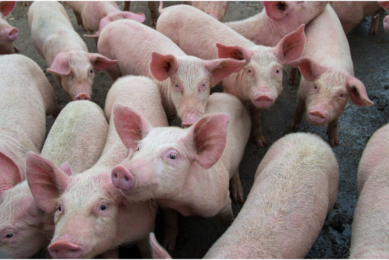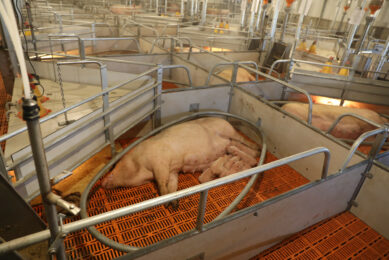Australia: Pigs to be used for cell transplants
Chances have risen that pig cells can be used for injecting Australian citizens somewhere in 2010 as the long-running dispute over the use of animal derivatives as human transplants appears to be nearing a resolution.
The Australian National Health and Medical Research Council (NHMRC) has stated that it will allow clinical trials involving animal-to-human transplants to proceed, once the necessary regulations are enacted.
New Zealand-based Living Cell Technology is currently conducting trials using pig cells to treat humans with type 1 diabetes in New Zealand and Russia, and now expects to expand into Melbourne or Sydney, according to medical director Professor Bob Elliot.
Application
Eliot said, “We hope to have an application approved for similar trials by the end of this year, so they could begin next year or in 2011. Importantly for Australia, it does open up the field for others who have probably been discouraged by the moratorium. For our trials, disease-free pigs were bred, which meant the risk of transmitting viruses to humans was virtually nil.
“The results of the nine type 1 diabetes patients transplanted with pig cells had varied from having no effect, to reducing insulin doses, to an apparent cure. Insulin producing cells from newborn piglets, coated with a seaweed derivative to prevent reaction, were ‘squirted’ into diabetics’ abdominal cavities with a laparoscope.”
Parkinson & Alzheimer
Eliot explained that, “Experiments were also under way to determine if similar methods could be used to treat Parkinson’s disease and severe hearing problems, and in the longer term, Alzheimer’s disease and stroke.
“To allow animal organs and tissue to be transplanted into humans without being rejected by the immune system, the animal’s genes needed to be altered. Some animal genes that the human body would reject need to be removed, and you need to put in human genes, which would have the human body accept tissues as human tissues. The technique is also known as human-animal transgenesis.”
Lifting the ban
Dr Dorota Pawlak, research manager of the Diabetes Research Foundation, welcomed the NHMRC’s decision to lift the ban, saying, “When used under strict ethical and scientific guidelines, xeno-transplantation techniques have the potential to save the lives of thousands of people every year.”
Related websites:
• Living Cell Technologies
• Diabetes Research Foundation
• Australian National Health and Medical Research Council (NHMRC)











